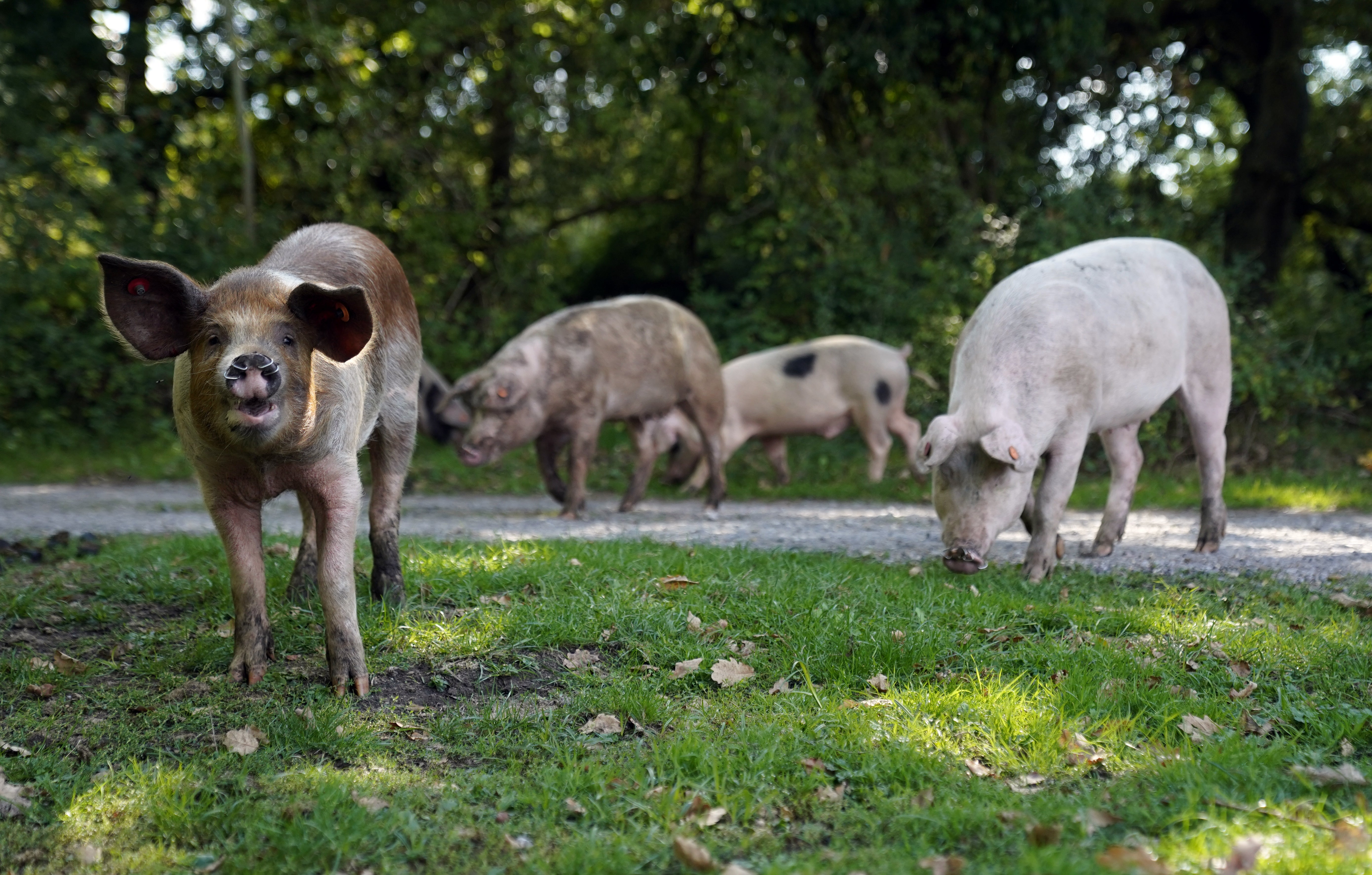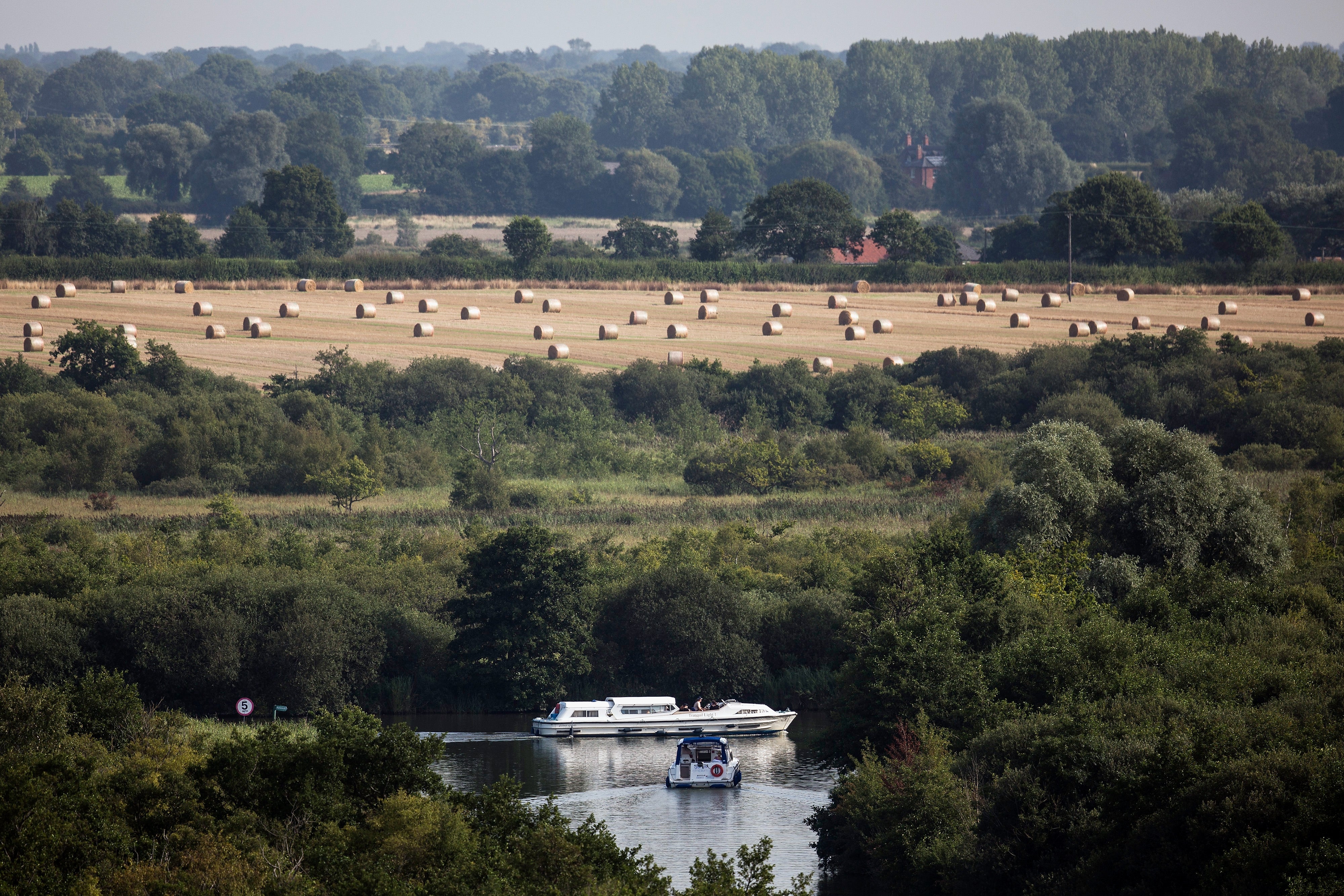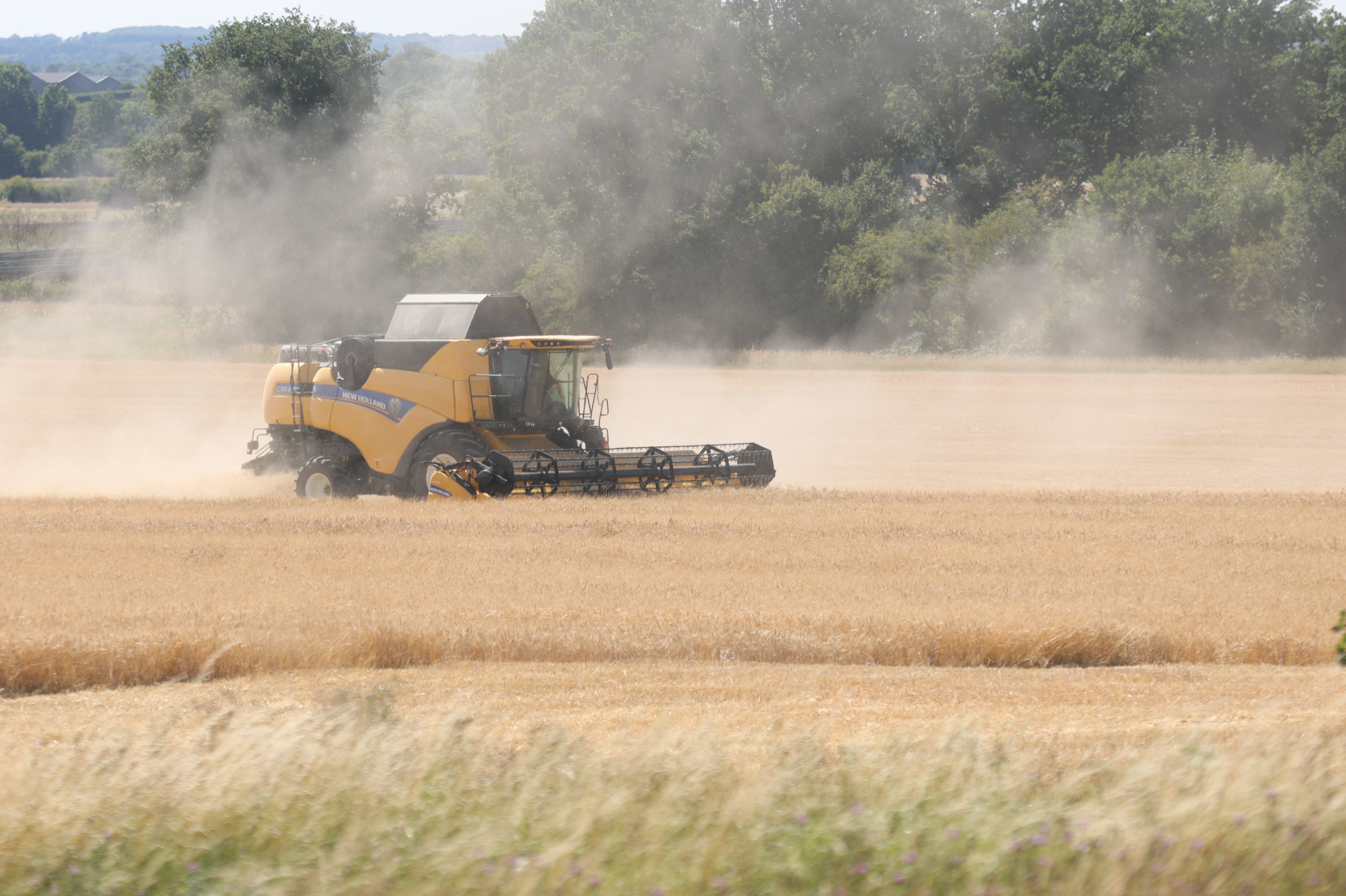End to EU laws, mini-budget and farming review an ‘attack on nature’
“We’re talking about the biggest attack on nature in a generation,” said RSPB’s director of policy and advocacy

Your support helps us to tell the story
From reproductive rights to climate change to Big Tech, The Independent is on the ground when the story is developing. Whether it's investigating the financials of Elon Musk's pro-Trump PAC or producing our latest documentary, 'The A Word', which shines a light on the American women fighting for reproductive rights, we know how important it is to parse out the facts from the messaging.
At such a critical moment in US history, we need reporters on the ground. Your donation allows us to keep sending journalists to speak to both sides of the story.
The Independent is trusted by Americans across the entire political spectrum. And unlike many other quality news outlets, we choose not to lock Americans out of our reporting and analysis with paywalls. We believe quality journalism should be available to everyone, paid for by those who can afford it.
Your support makes all the difference.Environmentalists have warned that new government policies risk seeing the countryside being concreted over and the dawn chorus silenced as they launch a citizen’s assembly to respond to the nature “crisis” in the UK.
“We’re talking about the biggest attack on nature in a generation,” Jeff Knott, director of policy and advocacy for the Royal Society for the Protection of Birds (RSPB) told The Independent in an interview this week. “Which is why we’re fighting back in the way that we are.”
In the past week, Liz Truss’s government has announced a series of policies that sent cascades of alarm throughout the environmental community and prompted a series of searing Twitter threads from NGOs.
The first alarm bell for environmentalists came with the publication of legislation that aims to axe remaining European laws, including hundreds that protect the environment last week.
Then came the so-called mini-Budget which announced the creation of “investment zones” in England where planning rules would be “liberalised” and “streamlined”.
And finally, the government acknowledged it was reviewing the introduction of a scheme that will pay farmers to enhance nature.
“Any one of those things could be a catastrophe for nature,” said Mr Knott. “But the fact that you’ve got all three in such quick succession is why we can’t do anything but view this as a massive attack.”
As they sounded alarm bells, the RSPB, National Trust and the World Wildlife Fund (WWF) on Friday announced that they are inviting people to help develop a set of public demands to tackle the nature crisis and to call on the prime minister Liz Truss and the environment secretary Ranil Jayawardena to take “rapid action.”
A poll published by the groups on Friday found that 81 per cent of UK adults believe nature is “in crisis” and that more needs to be done urgently to protect and restore it. The groups are calling on people to submit their thoughts on how to restore nature online.
“This is not just a whim, it’s not just some environmental NGOs bleating about stuff that they care about, this is really important for the people of the UK,” Harry Bowell, the director of land and nature at the National Trust, said, pointing to the poll.
“People have said very strongly that they feel that nature is already under threat,” he said. “These additional announcements we feel have further exacerbated that threat.”

While the idea for a “People’s Plan for Nature” pre-dates the events of this week, its launch comes as environmentalists warn they are seeing evidence of a worrying shift in government policy in favour of deregulation and de-prioritising nature.
Conservationists said they had welcomed Conservative manifesto pledges in 2019 to make the country the “cleanest, greenest” on earth, with the most far-reaching environmental programme but were now concerned about whether those ambitions would be met.
Mr Knott said there had been no commitment from the government to replace key environmental protections that will be lost when EU laws no longer apply. In particular, he said groups are concerned about the loss of the Habitats Regulations that protect millions of hectares of the UK’s wildlife from development – from the New Forest to the Norfolk Broads.
“What we’re staring down the barrel of there is the loss of basic protection for many of our most important wildlife sites across the UK,” he said.
As for the so-called “investment zones” announced in the mini-budget, Mr Knott said they were about “relaxing, diluting, watering down” the environmental protections that are put in place to safeguard habitats from building proposals.
“From our perspective, they look less like investment zones and more like potential destruction zones,” he said.

He said groups felt there was a “real risk that they’re going to end up concreting over vast swathes of the British countryside and silencing the dawn chorus”.
The government has attempted to reassure groups, with Mr Jayawardena saying he wanted to “set the record straight”.
In a video posted on Twitter on Tuesday he said the government was committed to introducing new schemes that will support farmers to produce high quality food and enhance the natural environment, and to halting the decline of nature by 2030. The government “will not undermine our obligations to the environment in pursuit of growth,” he said.
But the statement did little to reassure environmentalists.
“It’s a bit of a meaningless statement to say you’re committed to an objective or committed to an ambition if at the same time you’re tearing down all the things that could help you get there,” said Mr Knott.
The government said claims it intended to go back on its commitment to the environment are “simply not right.” It said it plans to reform protections, including the Habitats Regulations, and said bureaucratic processes in the planning system do not necessarily protect the environment.
“A strong environment and a strong economy go hand in hand,” a spokesperson said. “We will continue to improve our regulations and wildlife laws in line with our ambitious vision.”



Join our commenting forum
Join thought-provoking conversations, follow other Independent readers and see their replies
Comments